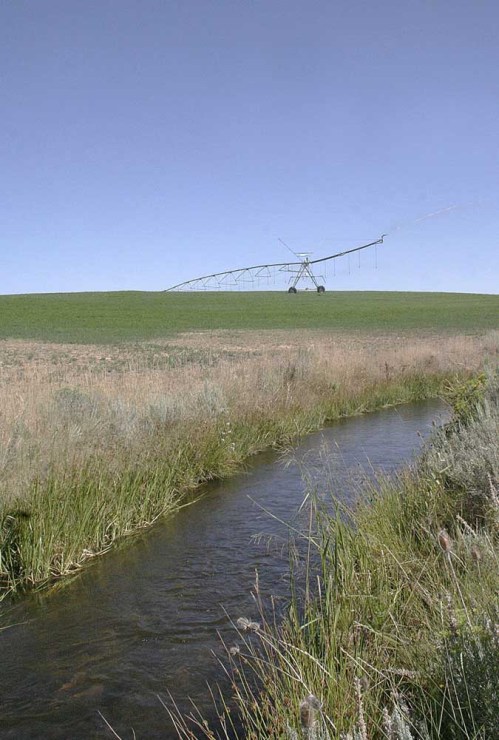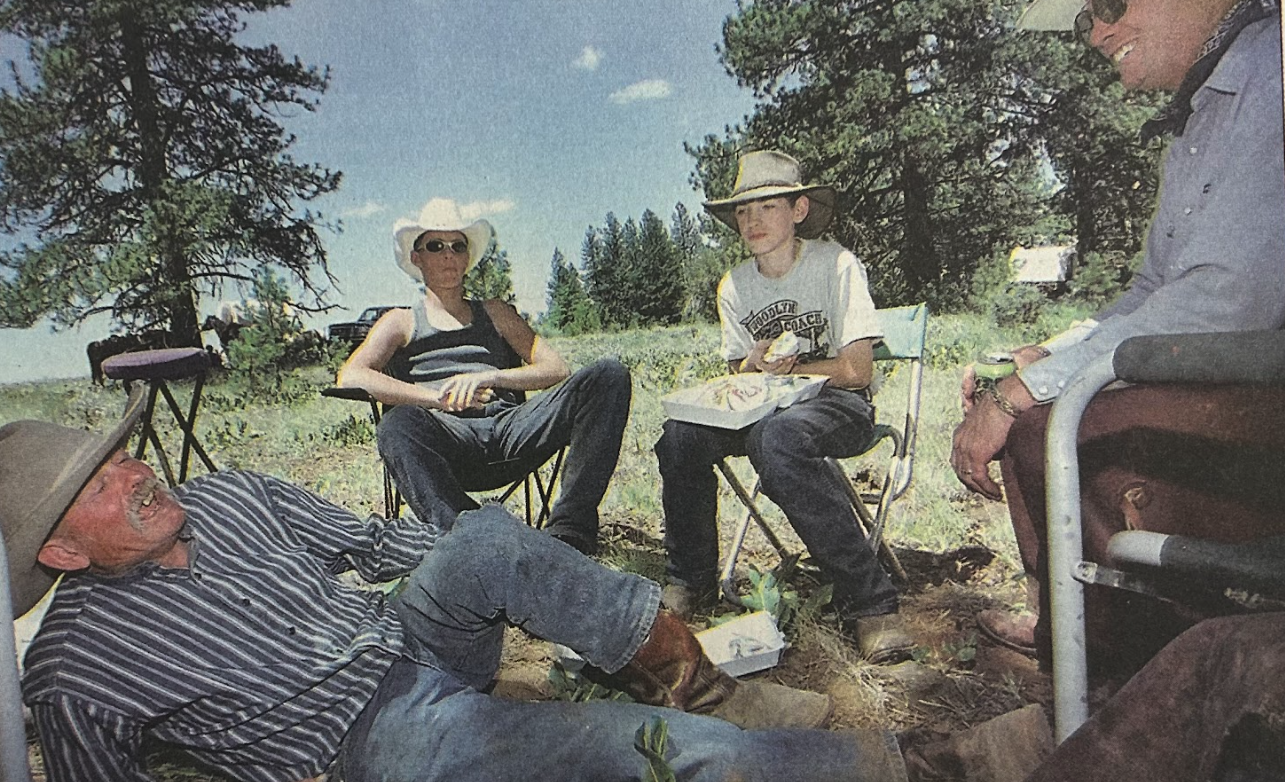Split-season water rights leasing may become permanent Oregon law
Published 11:45 am Tuesday, March 7, 2023

- Oregon water regulators have issued five times as many notices of violation so far in 2022 as in all of 2018.
SALEM — Oregon lawmakers may permanently allow water rights to be split between irrigation and in-stream leases during the same season by amending a statute set to expire next year.
Split-season leases were initially authorized more than two decades ago by temporary legislation that’s since been twice renewed.
House Bill 3164 would eliminate the law’s sunset provision, which is set for 2024, as well as the 10-year limit on such leases. The bill has drawn praise from agricultural and environmental groups — though it’s not unanimous.
Supporters of the bill say its track record is long enough to ensure split-season leases can help irrigators and fish without undesirable impacts on water rights.
“Keep this important tool available for water management in Oregon,” said Lauren Poor, vice president of government and legal affairs for the Oregon Farm Bureau.
When the split-season lease program was added to state water law in 2001, “folks were wary and uncertain of the potential effects,” said Bryn Hudson, water policy analyst and legislative coordinator for the state Water Resources Department.
The sunset provision was included due to concerns about split-season leases, such as water rights being inadvertently enlarged or impaired, but those problems haven’t materialized, she said.
“We’ve been able to see the program play out over 20 years and see it’s a beneficial tool,” Hudson said.
Split-season leases can still be changed or improved without the sunset provision, while its absence will provide irrigators with more certainty, she said. “It gives them that surety the program will not go away.”
Environmental groups will also keep an eye on split-season leases to check they continue to function as intended, said Caylin Barter, water policy program manager for the Wild Salmon Center nonprofit.
“I’m confident we’re not going to put the blinders on and assume everything is fine,” she said.
Aside from increasing in-stream flows for fish, split-season leases can make economic sense for irrigators, according to ranchers who testified in favor of HB 3164.
Tony Malmberg, a rancher near Union, became ineligible for split-season leasing last year due to the law’s current 10-year cap on such arrangements.
Because his cool season forage crops don’t produce much foliage during high temperatures — even when irrigated — it’s actually more profitable for Malmberg to lease his water rights for in-stream purposes during the height of summer.
By combining grazing with in-stream leases, Malmberg generated about $200 more per acre than with grazing income alone.
“Water adds more value to grass and hay production in the cool spring and fall than the hot summer,” he said. “And water adds more value to river function during the hot summer.”
As the value of forage fluctuates, it’s also helpful to have a portion of a ranch’s income fixed with in-stream leases, said Woody Wolfe, a rancher near Wallowa and member of the Oregon Water Resources Commission.
“It’s allowed me the flexibility to diversify my income,” he said.
Though the split-season leasing program has generated positive results since it was started, that doesn’t mean problems will never arise, said Richard Kosesan, the lobbyist for Water For Life, an organization representing irrigators.
Kosesan said he’s probably the “lone voice” arguing against making the statute permanent, urging lawmakers to instead continue the program with a new sunset date.
Only about three split-season leases have been made per year on average, and they haven’t been used across the entire state, he said. “The program has not been utilized in a great degree.”
If the program becomes permanent and its use expands, it may turn out to have unpredictable effects — for example, if a junior irrigator’s water rights are predicated on return flows from a senior user, Kosesan said.
“You don’t have experience as far as actual impact,” he said.






